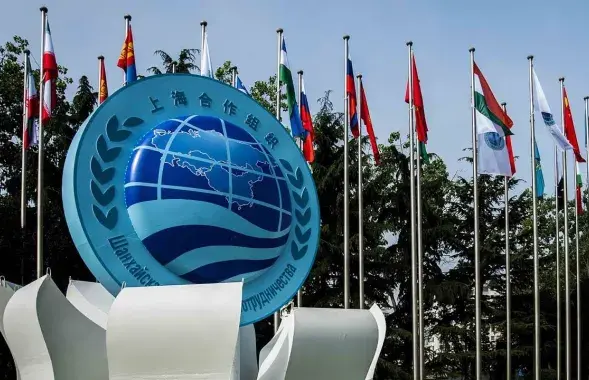UN Human Rights Council adopts the final document on Belarus
The Belarusian delegation stated that recommendations to change article 193-1, to reform the Election Code and improve the working conditions for NGOs and mass
The final Universal Periodic Review document about Belarus has been
approved at the 15th UN human rights session today, on September 23.
However, the Belarusian delegation has rejected the majority of
principal recommendations.
"A number of recommendations about
changes of the legislation concerning mass media, elections and
associations were expressed. The national legislation in those spheres
corresponds to Belarus’ international obligations… We are going to
concentrate on the legal practice now… The suggestion that we should
reconsider the legislation concerning activities of non-governmental
organizations is groundless", stated the head of the Belarus' Standing mission to the UN Mikhail Khvastou.
At
the same time, he noted that despite the fact that the recommendation
had been rejected, they would "stay in in the Belarusian government’s
field of vision".
Representatives of Egypt, Cuba, Algeria,
Uzbekistan and China were satisfied with Belarus’ report and did not
criticize the progress in the field of civil and political rights.
Uzbekistan representative Badriddin Obidov: "We
would like to thank the Belarusian delegation for exhaustive
information on the recommendation expressed… Belarus is making attempts
to protect human rights by creating legal and institutional conditions
and the basis for functioning of the interested sides”.
The
comments of non-governmental organizations differed significantly. A
representative of the Worldwide Alliance for Citizen Participation
(CIVICUS) regretted that the position of the Belarusian delegation in
the interactive dialogue was formal and non-constructive.
CIVICUS:
"We regretted even more when Belarus refused to accept the majority of
recommendations of foreign governments in the issues that we considered
the most serious. They are the abolishment of the capital punishment, or
at least imposing a moratorium on it, guaranteed freedom of assembly
and associations, simplification of the procedure of registration for
non-governmental organizations and political parties and cancellation of
article 193-1 (acting on behalf of unregistered organizations)”.
A
representative of the Belarusian ecological community also expressed a
hope that our government would cancel the notorious article.
"Citizens
cannot get involved in free ecological self-government, in
informational and other activities due to the article. Inhabitants and
initiative groups of many Belarusian cities like Astravets, Vileika,
Maladzechna and Minsk are deprived of the opportunity to express their
opinion about ecological issues like the construction of the NPP in
public".
Technically, Belarus has approved 75 out of 93
recommendations voiced by foreign governments. Thus, our country has
promised to ratify of the Convention on the Rights of Persons with
Disabilities, to improve living conditions in prisons and detention
centres and to provide all the detained with access to a lawyer and to
allow relatives to visit them. However, most of the approved
recommendations are vague notions like "to continue education attempts
in the field of human rights" and "further development of relations
between religions"
Recommendations concerning the principle
spheres in which the international community urges Belarus to make
reforms have not been accepted.















